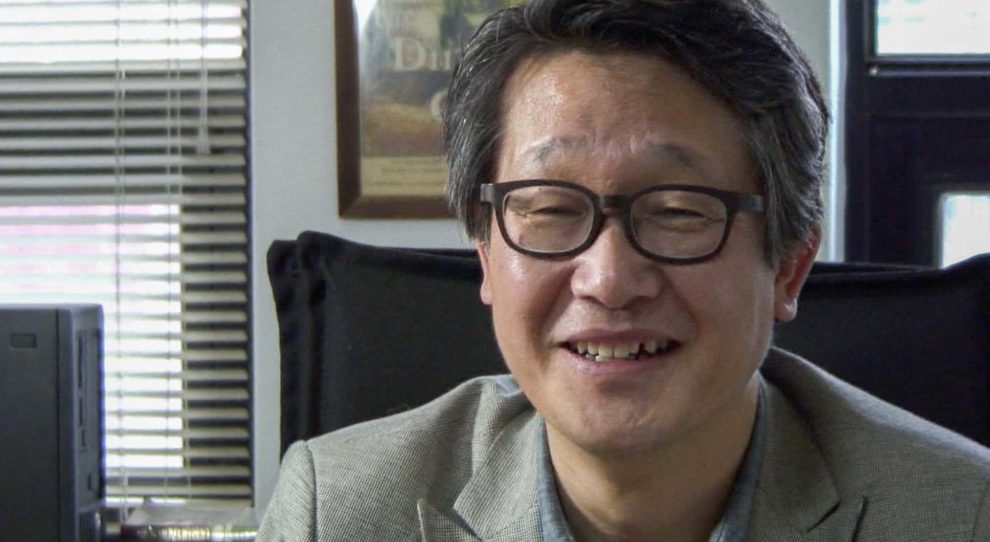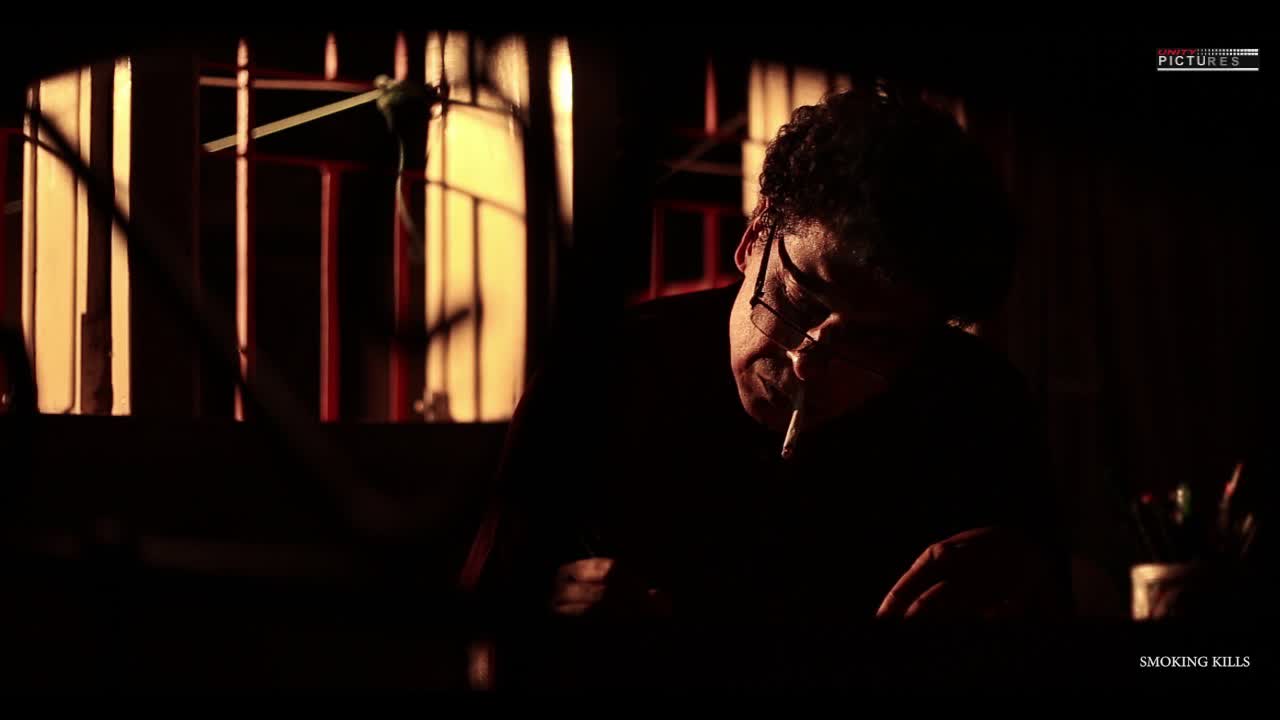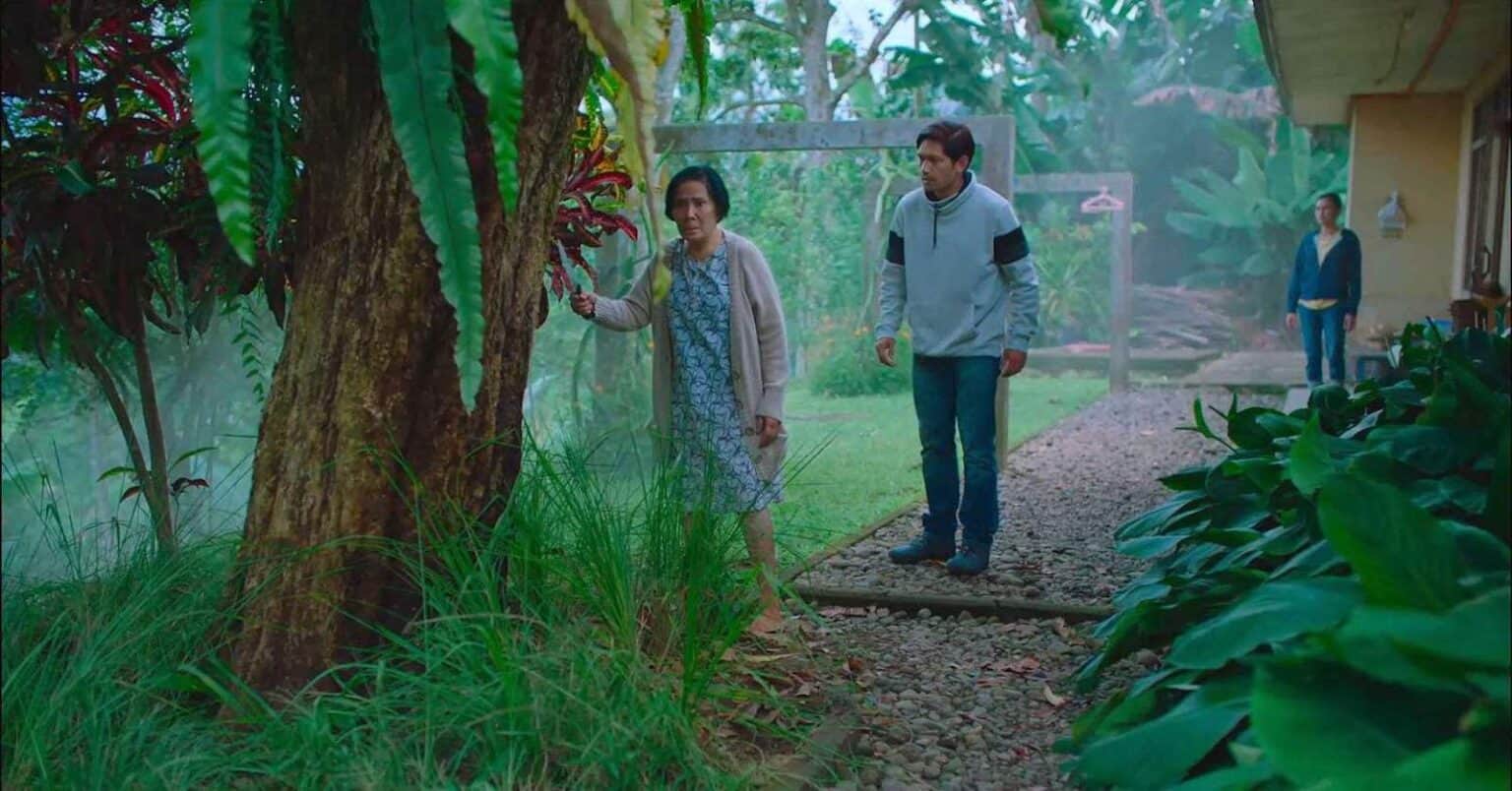Kim Ji-seok's death in 2017 truly shocked the Asian movie world, as the Korean Head programmer of Busan International Film Festival was a rather crucial part of both BIFF and of Asian cinema. Kim Young-jo's documentary functions as a filmic memorial to him, while addressing both his own and the festival's history.
Jiseok is screening at Singapore International Film Festival

In that regard, the movie includes many interviews with people who were affected by him, with a number of “A-listers” talking with high regard about Kim. Jafar Panahi, Hirokazu Koreeda, Tsai Ming-liang, Mohsen Makhmalbaf are among the biggest names presented here, with the latter in particular highlighting his love in the most eloquent fashion. Where the film truly thrives, however, is upon the discussions with the ASEAN directors, which were probably the ones that benefitted the most by Kim Ji-seok's support, while forming truly meaningful relationships with him. Tan Chui Mui and her son, Apichatpong Weerasethakul, Boo Junfeng are just some of the few that show an additional face of the deceased, while a group of female producers sharing their experiences with him, both personally and professionally, round up this aspect of the documentary.
Despite the different aspects of his personality highlighted by the aforementioned individuals along with his wife, what they all agree on is that what happened with the festival after the screening of “Diving Bell”, particularly in regards with the way the government dealt with the issue, is essentially what killed him. His agony regarding the festival, but also for the dichotomy it brought among its founding members, also takes a big part of the documentary, with the narration by Jay Jeon and other former members, showcasing both the fact, but also how the festival started, with a group of 20 friends.
Lastly, an actual memorial in favor of Kim, his dreams of having his own cinema, and a series of short clips by different directors focusing on the moon conclude the documentary.
The way Kim Young-jo connects all the aforementioned elements, constantly changing from one to another is ideal in the way he weaves the two parallel stories, with the editing emerging as one of the movie's biggest traits. In that fashion, he manages to present a rather thorough portrait of a truly significant man, as his analysis is as thorough as it is spherical. Some moments that border on the melodramatic expectedly are not missing, but considering the nature of the movie, that would be very difficult to avoid, and it does not actually feel excessive. Also of note is the way Kim Young-jo manages to gather all those people to talk, in another great aspect of the movie.
“Jiseok” is an excellent documentary, particularly because it functions as both a catharsis for all the people who were affected by Kim Ji-seok, as much as a biographical piece about a truly captivating life.















